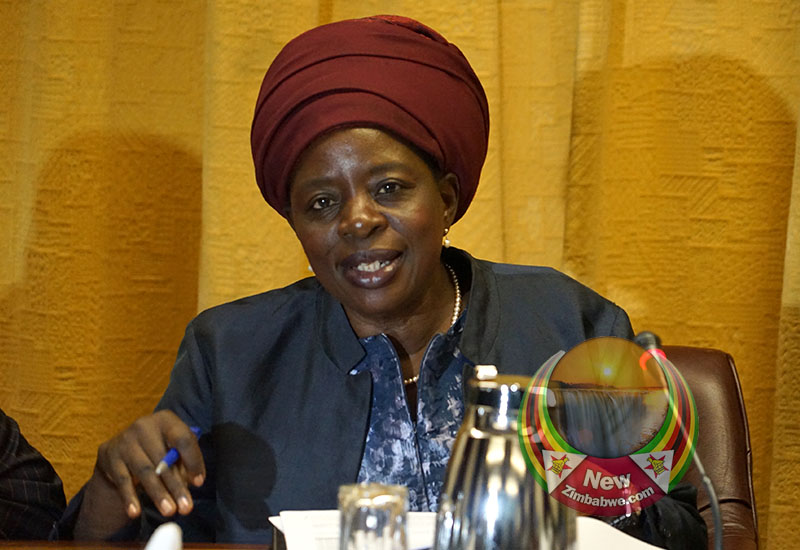Large and listed Zimbabwe corporates have started counting their losses and the wider financial effect of the Covid-19 coronavirus-induced lockdown to the economy after industry and commerce reopened this week under limited operational hours. The informal sector remains closed.
Zimbabwe’s economy has taken a pounding during the pandemic, with Zimbabwe registering 34 confirmed cases, five deaths and nine recoveries by Friday morning.
Economists, however, have warned that worse fortunes await the economy after the pandemic, with demand projected to remain suppressed amid concerns that companies would start laying off workers as they rationalised and restrategised for lost earnings during the lockdown, which was instituted at the end of last month.
Foreign currency shortages, spiking inflation and low productivity were already weighing down the economy, and now the crucial tourism, manufacturing, agriculture and mining sectors are being hammered.
“The effect of Covid-19 will be more pronounced on the economy in the next two or so months, when statistics of production capacity disruptions are revealed and when companies start to institute survival measures such as salary cuts.
“Price controls will worsen and result in commodity shortages if they are enforced,” said an economist at a Zimbabwe bank.
The government had not helped matters, said other economists, after Harare ordered retailers and other businesses to revert to March 25 pricing thresholds for goods and services. Such measures were seen as inappropriate for a country with rampaging inflation and a skewed exchange rate regime officially fixed at 1:25 against the parallel market exchange rate of nearly 1:50 as of Friday.
Telecoms group Econet Wireless was demanding that its suppliers take a 20% cut on their prices, arguing that Zimbabwe’s “harsh economic environment and the compounded effects of Covid-19 pandemic have necessitated” the drastic measure.
The International Monetary Fund said Zimbabwe’s economy would shrink by as much as 7.5% this year owing to the effects of the pandemic. The World Bank had, however, thrown the country a lifeline. This week, it gave the country a $5 million (R92 million) cheque to fight Covid-19, and also redirected an earlier $2 million earmarked for last year’s Cyclone Idai programmes towards the current crisis.
However, according to Chiedza Madzima, head of operational risk at Fitch Solutions, the World Bank’s facility, which “works out to under $0.50 per capita”, was not sufficient to lift Zimbabwe out of its economic mess as worsened by Covid-19.
“The country needs much stronger external support, in the range [of plus] $1 billion cumulative,” added Madzima.
This came as some Zimbabwean companies were said to be consulting on salary cuts this week, according to industrialists and managers with business groupings.
This will further strain demand and consumption across the economy. The mining sector, which has been operating as an essential service throughout the lockdown, is provisioning for a financial impact.
RioZim, one of the largest and most diversified mining houses in Zimbabwe, is now provisioning for the Covid-19 financial impact. The company’s chairperson, Rashid Beebeejaun, warned that RioZim’s cashflows would be under severe constraint in the short term.






